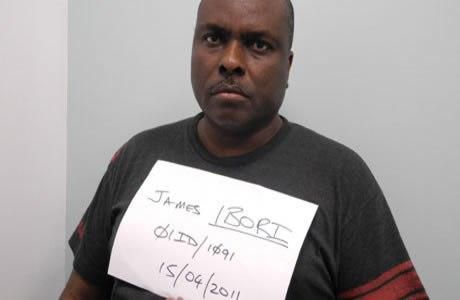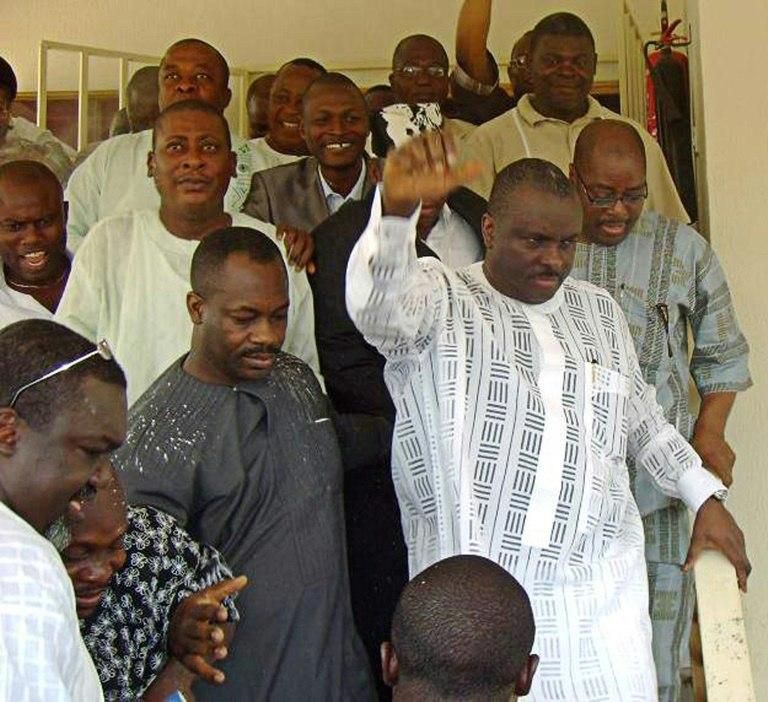The $153m Ibori stole may be returned to Nigeria soon
)
A British prosecutor has launched a fresh attempt to confiscate tens of millions of pounds stolen from oil-producing Delta State by Chief James Onanefe Ibori, who governed the state from 1999 to 2007.
Ibori pleaded guilty to 10 counts of fraud and money-laundering at London’s Southwark Crown Court in 2012 and was sentenced to 13 years behind bars.

Having served half of his sentence in pre- and post-trial detention, Ibori was released from jail in December 2016 and is now back in Nigeria, dictating who governs his state and senatorial district at every election cycle.
The confiscation process
A first attempt to confiscate Ibori’s assets was made in 2013 in Britain. The process was however aborted after three weeks of hearings because of unresolved legal disputes.
On Thursday, January 16, 2020, prosecution counsel Jonathan Kinnear began listing assets that Britain seeks to confiscate from Ibori and return to the Nigerian treasury, Reuters reports.
The total value of the known proceeds of Ibori’s crimes came to 117 million pounds ($153 million), Kinnear said.
However, only a fraction of that sum is likely to be recoverable.
Amassing wealth, buying property around the world
As governor of Delta State, Ibori, 57, amassed a portfolio of luxury properties in Nigeria, London, Washington, Houston and Johannesburg.
He traveled the world, lodging in the most expensive hotels, whilst spending lavishly in luxury stores.

His lifestyle during those years sharply contrasted with his humble beginnings. Ibori worked as a shop assistant at a branch of the home improvements chain Wickes in London. It was here that he was caught trying to steal from the store and was convicted of theft.
According to Britain’s National Crime Agency, an estimated 1 billion pounds in dirty money moves into or through the United Kingdom annually.
Ibori's case was a rare example of a prominent Nigerian politician being punished for his part in the endemic corruption that has blighted Africa’s most populous country for decades.
The confiscation case by Kinnear is expected to last for four weeks.

![Aisha blows hot on Security forces; Y7ou won't believe what she said [VIDEO]](https://image.api.sportal365.com/process/smp-images-production/pulse.ng/17082024/1f976edf-1ee2-4644-8ba1-7b52359e1a8f?operations=autocrop(640:427))
)
)
)
![Lagos state Governor, Babajide Sanwo-Olu visited the Infectious Disease Hospital in Yaba where the Coronavirus index patient is being managed. [Twitter/@jidesanwoolu]](https://image.api.sportal365.com/process/smp-images-production/pulse.ng/16082024/377b73a6-190e-4c77-b687-ca4cb1ee7489?operations=autocrop(236:157))
)
)
)
)
)
)
)
)
)
)
)